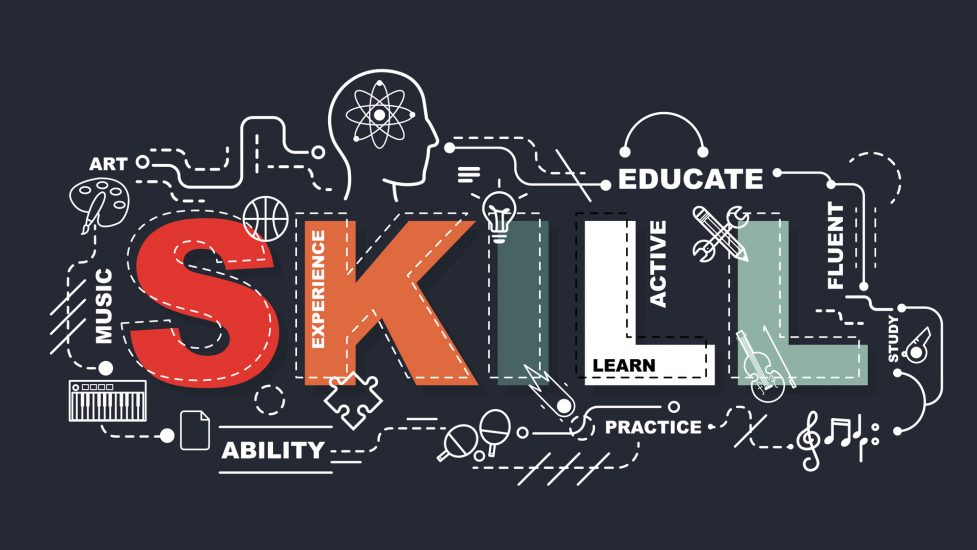Innovative learning opportunities are crucial, particularly as institutions deal with the economic fallout from COVID-19. Jane Oates, president of WorkingNation, offered her thoughts in a webinar—How to Capitalize on the Ed Tech Market Transformation—organized by Oppenheimer.

“The skills-based learning movement really started pre-COVID. And you heard it with buzzwords, like skills gap, right? Skills-based learning is a drill-down,” says Oates.
“There’s a specific content and a specific outcome. It’s much more about assessment and making sure you can prove to a prospective employer or to anyone that you’ve achieved the skill. “
Oates says skills-based learning encompasses blue- and white-collar jobs. She offers the example that employers want their hires to have communications skills. “Do you mean can I write, can I speak English, can I speak another language, can I do a presentation? Today, skills-based learning also means things like can you write a technical memo? Are you a technical writer? Are you digitally literate? Can you do things in modern communication style?”
She says post-pandemic people will need a clear understanding of the skills required for new jobs. “We’re going to have millions of Americans who need to shift careers and not only change from one employer in the same sector to another, but drastically change their sector. They’re going to maybe have to move from financial services to health care.”
“Employers are starting to do job boards and their own job descriptions based on skills and not degrees. In the past decade, we would see bachelor’s degree required. Now you’re going to see something more like data analytics skills required or data visualization skills required.”
Worked-based Learning in Higher Ed
Regarding higher education institutions, Oates says students should be afforded work-based learning opportunities and virtual internships. Again, she stresses the importance of skills-based learning. “An innovative leader is going to be able to pivot very quickly and say, ‘let’s look at where we should get skills-driven.’”
She notes industry-recognized credentials should be embedded in the learning and attainable by taking a few courses. “We need a country that has artists and performers and philosophers, but we also need to get these people jobs. Adding credentials across majors, gives people a better opportunity.”
Oates points to Georgia Tech as an example of an innovative attitude towards lifelong learning. After completing an undergraduate degree, students can return to Georgia Tech without taking the GRE or paying a new admissions fee. “You’re Georgia Tech for life. Know that you’re not done learning. You’re going to have to come back for bite-size nuggets, stackable things, maybe not a master’s degree right away, but you’re going to have to come back for retooling or reskilling at various intervals during your career.”
Oates also sees future growth in income share agreements that don’t demand students pay upfront for their school or training costs. “These kinds of things where I only pay, if I get a job and then I pay you part of my income, I think they’re here to stay. I think they’re probably one percent right now of the space, but I think they’re going to grow astronomically.”
Oates says employers and colleges need to address transferable skills. “It’s important that companies can do the crosswalk between the skills you have in the job you had and where those skills translate. And colleges are going to want to show you the value in terms of skills that you get from a baccalaureate degree and how that could translate beyond your major.”











